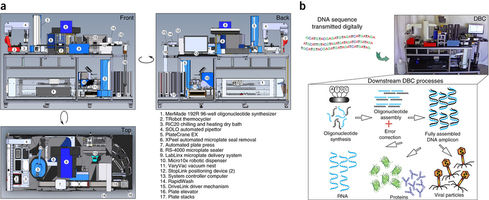Genetically modified pigs as human organ transplantation source
Gene-edited piglets have been cleaned of viruses that might cause disease in humans. There were 33,600 organ transplants last year in the USA, and 116,800 patients on waiting lists and there are around one billion pigs in the world. 100 million pigs are killed each year in the USA for food. A few tens of …











